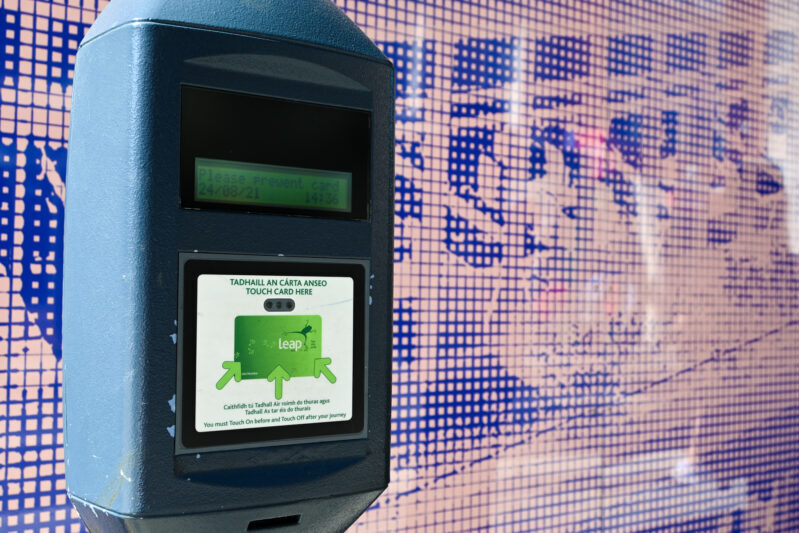For about a week, every time I opened Twitter I was greeted with fresh material about how the Luas was free and how wonderful it was to have such a service available free of charge in our capital city.
If the Government were serious about sustainable cities, access to public space and climate action the Luas being free wouldn’t be a joke.
Throughout the coronavirus pandemic, it’s been well documented that Dublin isn’t a student-friendly city – in fact, it’s not particularly friendly to anyone who’s not there to spend money. This weekend, the pedestrianisation of Capel Street and Parliament Street ends – as, according to old Irish legend, the banshee will claim the souls of those who walk on a road once the first Autumn leaves fall.
Joking aside, the end of the pedestrianisation is a regressive step for the city, one which is rooted in the idea of a city that is a space for car users and those who can operate around – but not impede – car users. Scientific evidence has consistently shown that it is safer to socialise outdoors than inside with respect to coronavirus transmission – yet Dublin City Council has evidently returned to its belief that streets are for cars rather than people.
If the Government were serious about sustainable cities, access to public space and climate action the Luas being free wouldn’t be a joke
It’s not surprising that public transport is costly and often unreliable, given that it is underinvested in in Ireland and exists predominantly around patterns of work and car-centric urban spaces – rather than within and as a vital part of the framework of people’s social and work lives. Making public transport key to sustainable urban development and climate action will require a dramatic shift in urban policy – a shift which cannot be conceived as a “future” action or as a limited pilot scheme. It has to be envisioned as one which is urgent and immediate.
The United Nations Sustainable Development Goal 11 on sustainable cities and communities provides a comprehensive list of targets and indicators which would respond to many of the challenges Dublin is experiencing. Target 11.2 requires that “by 2030, provide access to safe, affordable, accessible and sustainable transport systems for all, improving road safety, notably by expanding public transport, with special attention to the needs of those in vulnerable situations, women, children, persons with disabilities and older persons”. Target 11.3 requires that by 2030 “enhance inclusive and sustainable urbanization and capacity for participatory, integrated and sustainable human settlement planning and management in all countries”.
A recent report by the Joint Oireachtas Committee on Environment and Climate Action on reducing emissions in the transport sector by 51 per cent recommended that Minister for Transport Eamon Ryan should consider “the benefits and feasibility of the provision of free public transport, based on the experiences of such policies in other cities and towns in Europe and elsewhere and roll out initiatives in this respect as soon as possible”.
If we are serious about creating sustainable and accessible urban spaces and reducing Ireland’s transport emissions, we shouldn’t be debating these targets and the Environment and Climate Action Committee’s recommendations – we should be implementing them. Now is a better time than ever, arguably – international institutions are advocating for increasing public expenditure to stimulate economic activity in the wake of the coronavirus pandemic.
Making public transport free isn’t a silver bullet – the Government also needs to increase the capacity and frequency of the service so that public transport becomes the predominant mode of transport in urban areas as opposed to cars and to allow for intergenerationally accessible public spaces to become integral to our capital’s cityscape.
Making public transport free isn’t a silver bullet – the Government also needs to increase capacity and the frequency of the service so that public transport becomes the predominant mode of transport
Tweets and memes about a free Luas service were highly entertaining and quite revealing in that it seemed that despite the comedic undertone most people heartily agreed that the Luas and public transport in general should be free. Every time I saw something along the lines of “isn’t it great the Luas is free?”, I immediately thought: wouldn’t it be great if Dublin City Council and the Government moved beyond talking about the importance of sustainable cities? If policies in line with the Sustainable Development Goals were actually implemented?
Joking aside, it’s time for the government and local councils to take action on the affordability of public transport.







